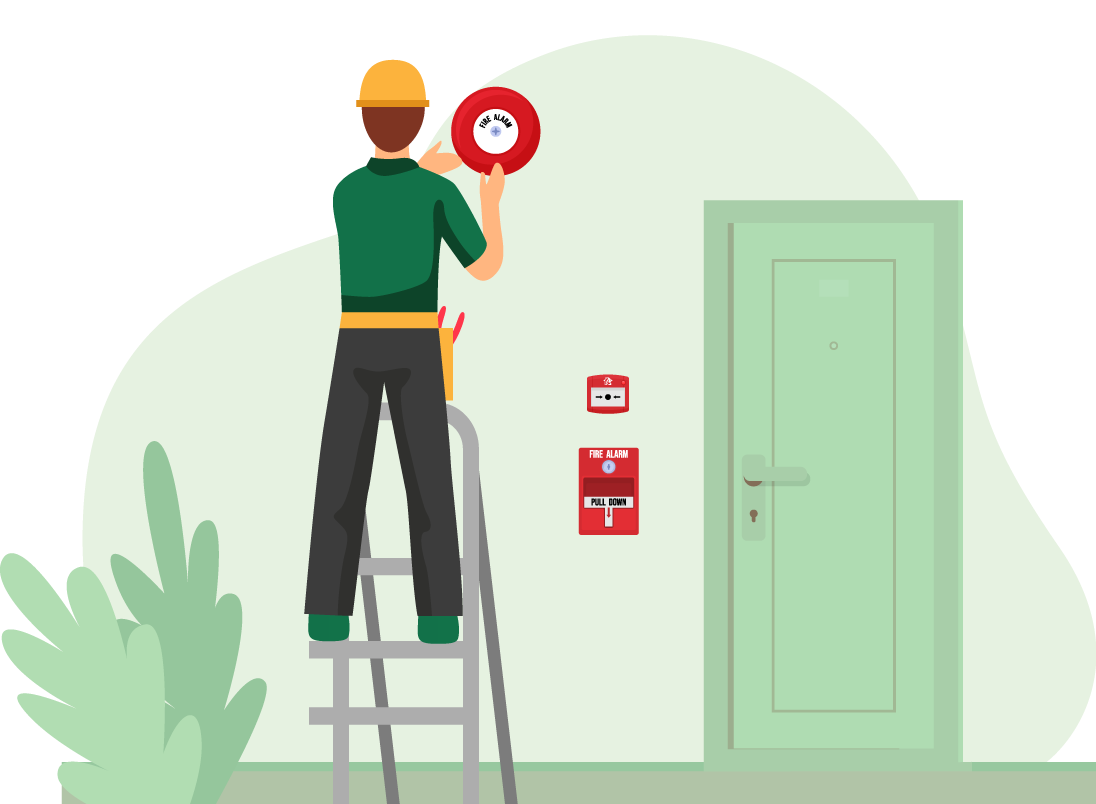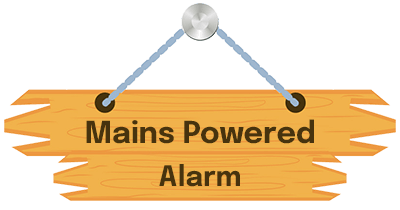Fire alarm installation is a crucial aspect of ensuring the safety of any building or establishment. According to the British Standard BS5839, there are specific guidelines and standards that must be followed in order to properly install a fire alarm system.
One of the key requirements for fire alarm installation outlined in BS5839 is the need for a fire alarm system to be designed, installed, and maintained by a competent person. This means that the individual responsible for the installation must have the necessary knowledge and expertise to correctly install the system.
Another important aspect of BS5839 is the requirement for a fire alarm system to be regularly maintained and tested. This includes regular inspections of the system to ensure that it is in proper working order, as well as testing of the system to ensure that it is functioning correctly.
When installing a fire alarm system, it is also important to consider the specific needs of the building or establishment. This includes factors such as the size of the building, the number of occupants, and the potential risks present in the building.
In addition to these requirements, BS5839 also includes guidelines for the placement of fire alarms, the use of different types of fire alarms (such as heat detectors, smoke detectors, and manual call points), and the need for a fire alarm control panel.
Overall, the proper installation of a fire alarm system in accordance with BS5839 standards is essential in ensuring the safety of any building or establishment. It is important to work with a competent and knowledgeable professional to ensure that the fire alarm system is installed and maintained correctly.
For fire safety compliance, fire alarm installation must comply with BS5839 standards. This is a strict set of fire safety regulations that cover the design, installation and maintenance of fire detection and fire alarm systems in non-domestic premises. When installing fire alarms, it is important to ensure that all components are working properly and are correctly positioned in order to meet fire safety regulations. The fire alarm system should be tested regularly to ensure that it is in good condition and functioning correctly. Additionally, fire alarms must be maintained and serviced regularly in order to meet fire safety requirements. By ensuring fire alarm installation meets BS5839 standards, organisations can ensure their premises are safe for staff and visitors.
Moreover, fire alarm installation should be undertaken by a qualified fire alarm installer. Aside from making sure fire alarms are correctly installed and maintained, fire alarm installers have additional responsibilities such as providing fire safety advice to clients. This means fire alarm installers must stay up to date with the latest fire safety regulations and best practices in order to ensure fire safety compliance.
Ultimately, fire alarm installation is an essential part of fire safety compliance and should not be taken lightly. Taking the time to install fire alarms correctly, maintain them regularly and employ a qualified fire alarm installer can save lives and protect organisations from potentially costly fire damage.
By following these steps, organisations can ensure fire safety compliance and keep their premises safe.













